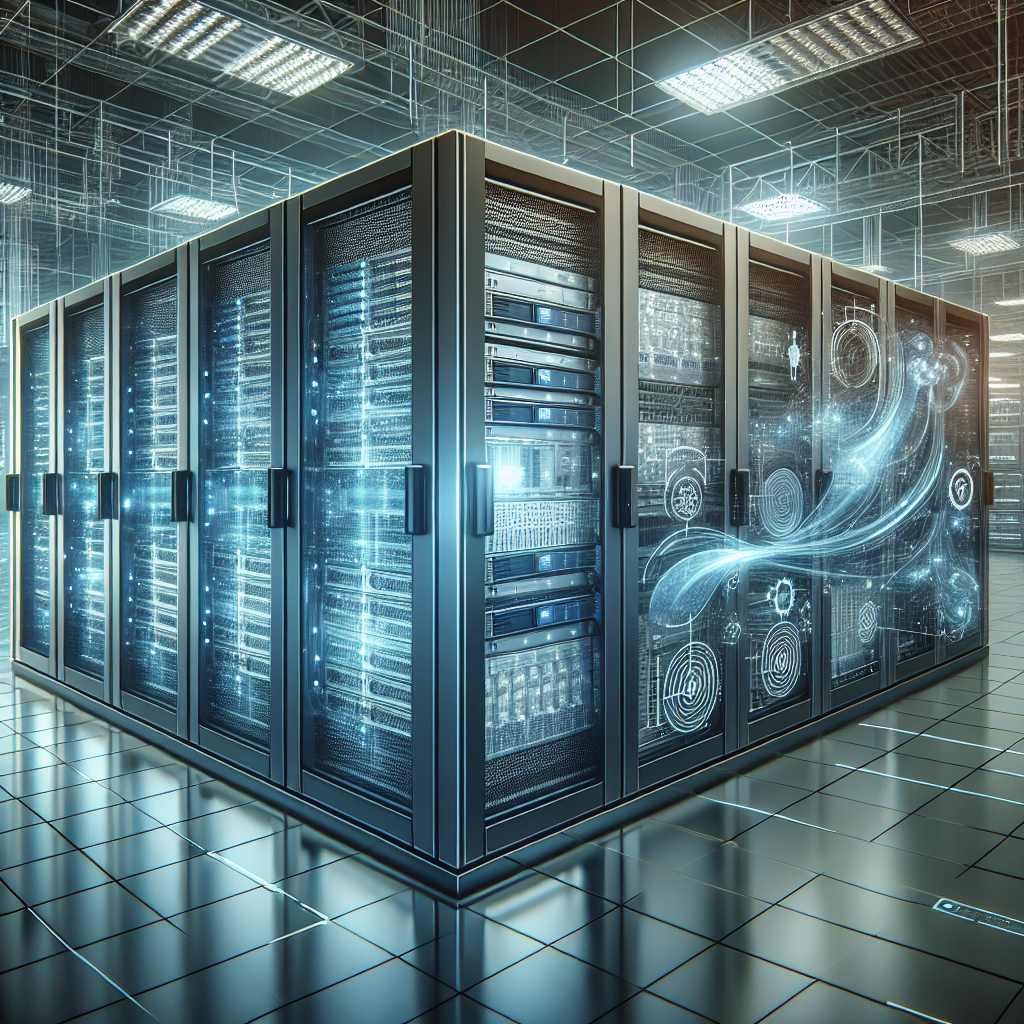Advancements in Data Center Cooling Technology: What You Need to Know
Data centers are the backbone of modern technology, housing the servers and equipment that power the digital world we live in. As the demand for data processing and storage continues to grow, so does the need for efficient cooling solutions to keep these facilities running smoothly. In recent years, there have been significant advancements in data center cooling technology that are revolutionizing the way these facilities are operated. Here’s what you need to know about the latest developments in data center cooling.
One of the most significant advancements in data center cooling technology is the use of liquid cooling systems. Traditional air-cooled data centers rely on large air conditioning units to keep the equipment at optimal operating temperatures. However, liquid cooling systems are much more efficient and can remove heat more effectively than air-based solutions. These systems involve circulating liquid coolant through a network of pipes and heat exchangers to absorb and dissipate heat from the servers. Liquid cooling systems can help reduce energy consumption and lower operating costs for data center operators.
Another key development in data center cooling technology is the use of intelligent cooling management systems. These systems use advanced sensors and algorithms to monitor and control the temperature and airflow within the data center. By analyzing real-time data and adjusting cooling settings accordingly, these systems can optimize cooling efficiency and prevent hot spots from forming. Intelligent cooling management systems can also help data center operators identify areas of inefficiency and make proactive adjustments to improve overall cooling performance.
In addition to liquid cooling systems and intelligent cooling management, data center operators are also exploring alternative cooling solutions such as direct free cooling and evaporative cooling. Direct free cooling involves using outside air to cool the data center, reducing the reliance on mechanical cooling systems. Evaporative cooling systems use water evaporation to remove heat from the servers, offering a more energy-efficient cooling solution compared to traditional air conditioning units.
Overall, the advancements in data center cooling technology are helping to improve the efficiency and sustainability of these facilities. By adopting innovative cooling solutions such as liquid cooling systems, intelligent cooling management, and alternative cooling methods, data center operators can reduce energy consumption, lower operating costs, and minimize their environmental impact. As the demand for data processing continues to grow, it is essential for data center operators to stay informed about the latest developments in cooling technology to ensure their facilities remain efficient and reliable.


